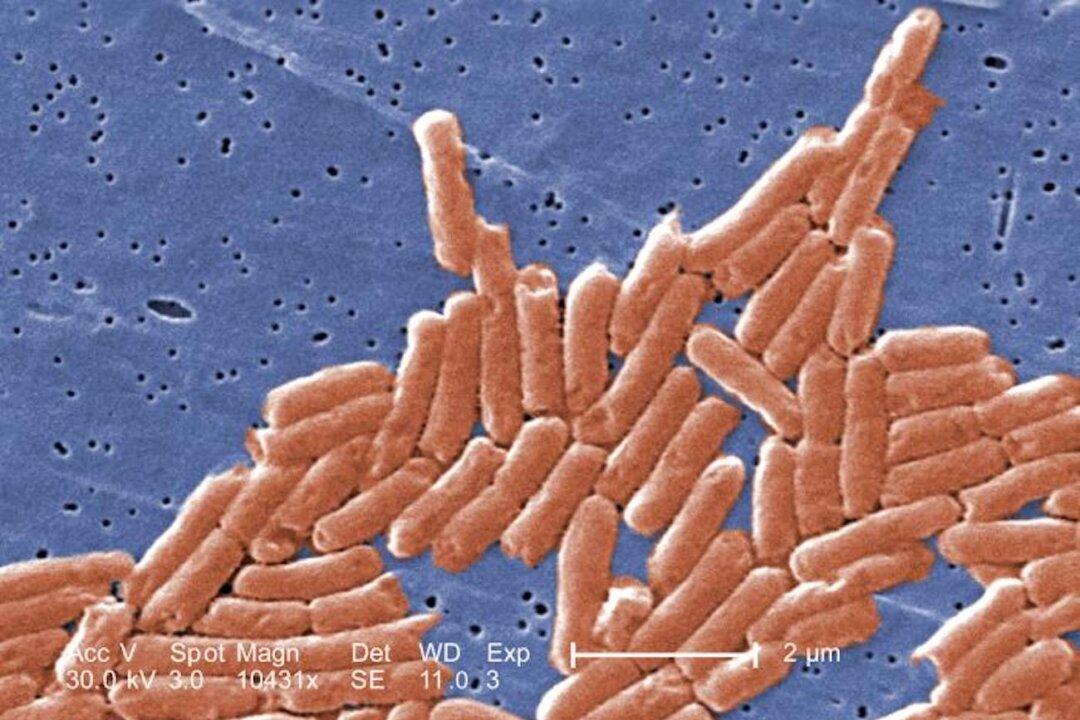The Centers for Disease Control and Prevention (CDC) cautioned Americans against coming into contact with small turtles after an outbreak of salmonella was recorded in at least 11 U.S. states.
“Although any turtle can carry Salmonella germs that can spread to you and make you sick, turtles with shells less than 4 inches long are a known source of illness,” the CDC stated on its website on Aug. 18.




